There is an ongoing discussion with our tree and shrub staff as to which is the finest garden fruit, the strawberry or the raspberry. Although that question has not been entirely resolved, a new raspberry variety has been introduced making some of our staff look at the raspberry differently. The Brazelton family and their team at Fall Creek Farm & Nursery in Oregon developed and introduced ‘Raspberry Shortcake’, a new dwarf raspberry variety, which makes growing raspberries an easy task.
It is not typical for raspberries to be grown in containers; however, ‘Raspberry Shortcake’ is an exception. ‘Raspberry Shortcake’ is a compact, mounding plant, reaching 24 to 36 inches and is ideally suited for large patio containers. ‘Raspberry Short Cake’ has the added characteristic of having non-bristly thornless stems.
All of the varieties in the BrazelBerries collection will thrive in patio pots, raised beds or in the ground for years. A large container is recommended for ‘Raspberry Shortcake’ as big as 24 to 36 inches up to a half-whiskey barrel. ‘Raspberry Shortcake’ is a cane berry that will continue to throw up shoots which will eventually fill the pot.
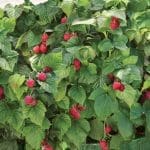 Raspberries can be grown in most soils, but they do considerably better given plentiful moisture, a rich neutral or acidic soil, a pH of 6.5 to 7.5, or at least copious quantities of compost. A balanced liquid fertilizer in early and late spring is ideal for ‘Raspberry Shortcake’. As a zone 5 plant ‘Raspberry Shortcake’ must be insulated or moved into an unheated garage for the winter. The soil in the container should be kept moist throughout its dormant period.
Raspberries can be grown in most soils, but they do considerably better given plentiful moisture, a rich neutral or acidic soil, a pH of 6.5 to 7.5, or at least copious quantities of compost. A balanced liquid fertilizer in early and late spring is ideal for ‘Raspberry Shortcake’. As a zone 5 plant ‘Raspberry Shortcake’ must be insulated or moved into an unheated garage for the winter. The soil in the container should be kept moist throughout its dormant period.
Blueberries are a traditional American fruit, with different regions favoring different species. The Brazelton family has created a prolific dwarf midsummer blueberry named ‘Jelly Bean’ which grows perfectly in a container.
Many of our customers grow their blueberries in containers as the plant will die in lime soils. Blueberries do best in acidic soil with a pH balance of 4.5 to 5.5. A mixture of peat, sand and leaf mould (composted tree leaves) is essential, as is regular, copious watering with rain or acidic water. Tap water should not be used to water blueberries in alkaline (limey) areas.
Blueberry plants need acid fertilizers such as rhododendron or azalea formulations, in either granular or liquid form. They also prefer high-nitrogen organic fertilizers such as blood meal and acidic cottonseed meal. Fertilizing should be done in early and late spring. Avoid using any kind of manure based fertilizer as it can damage the plants.
It is recommended that ‘Jelly Bean’ blueberries be planted in a container that is 16 inches in diameter or larger to allow the plant room to grow. Even bigger if you are planting other acid loving plants with it.

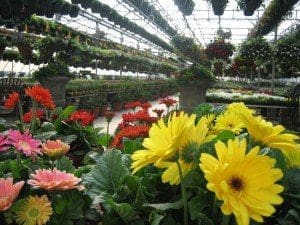
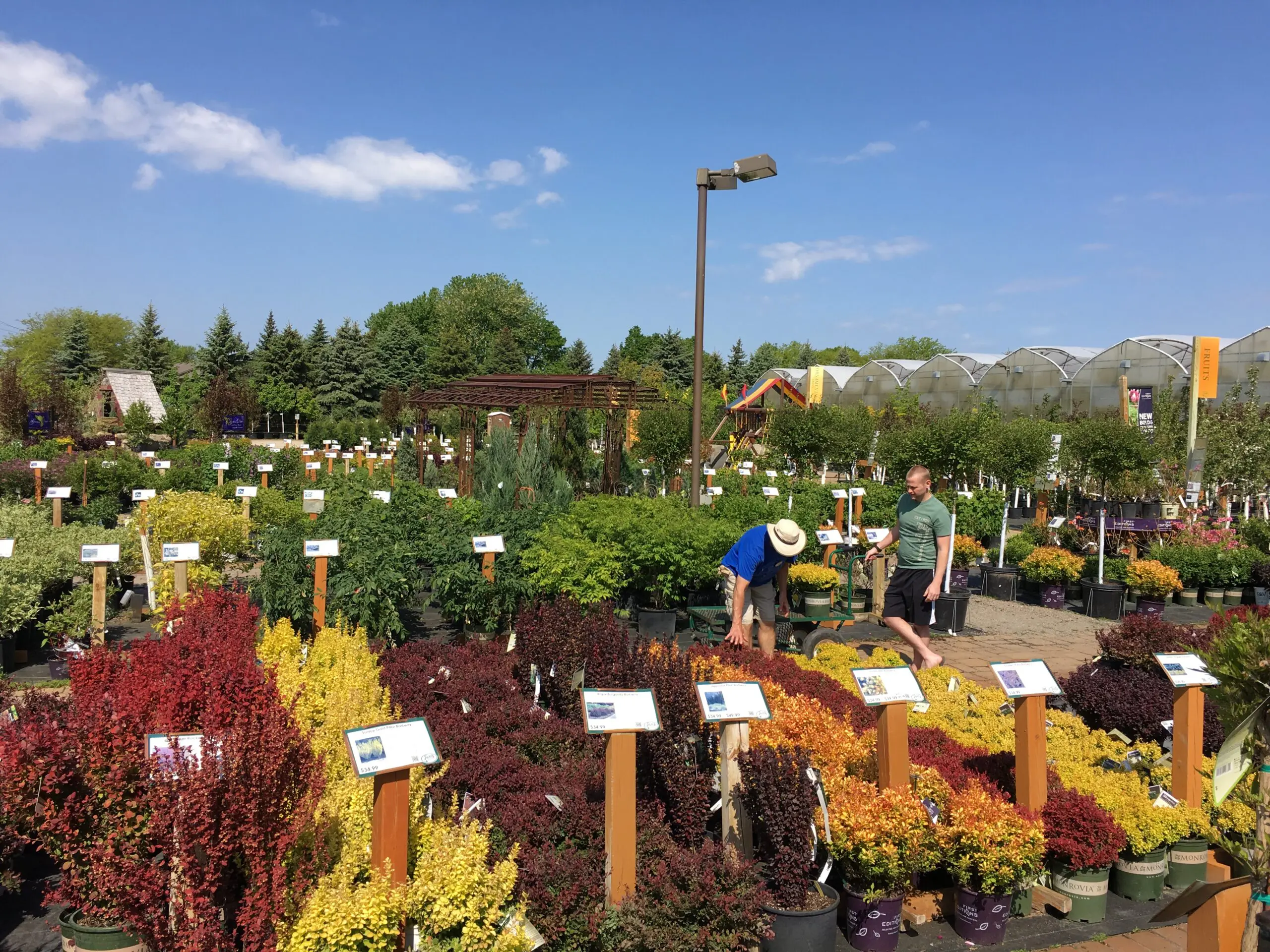
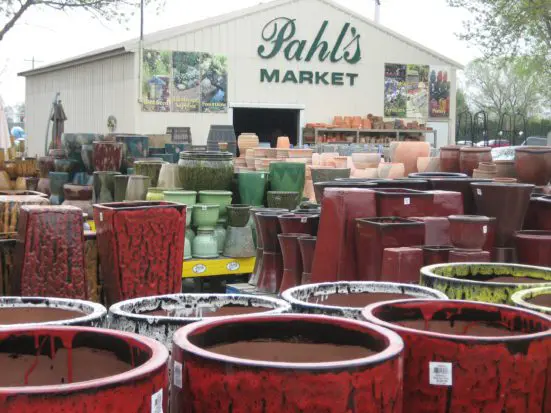
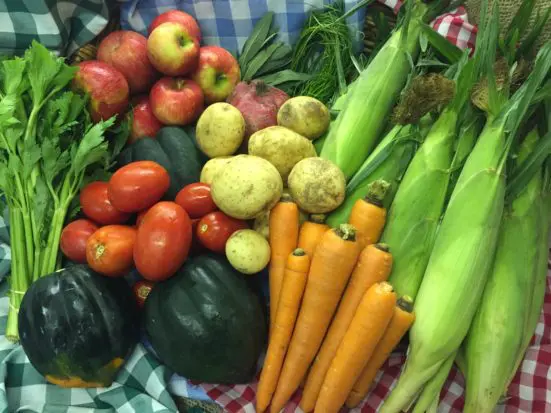
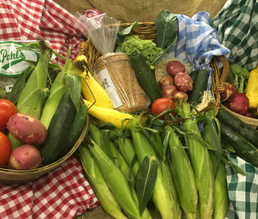
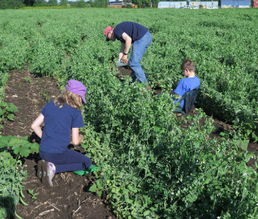
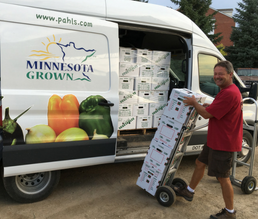
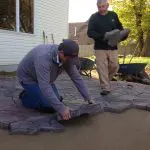
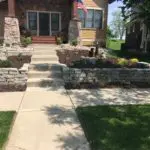
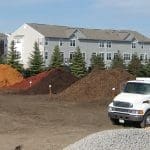
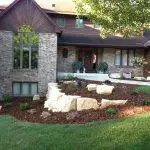
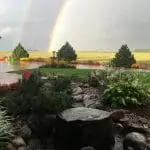
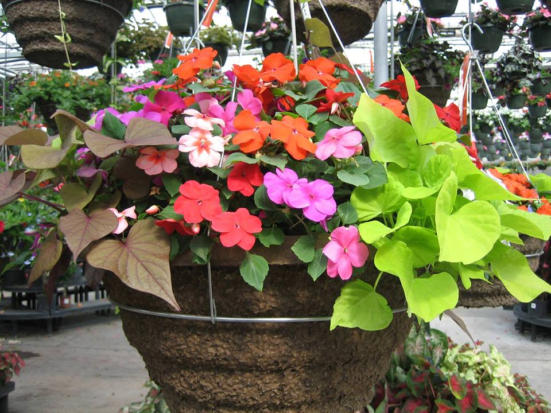
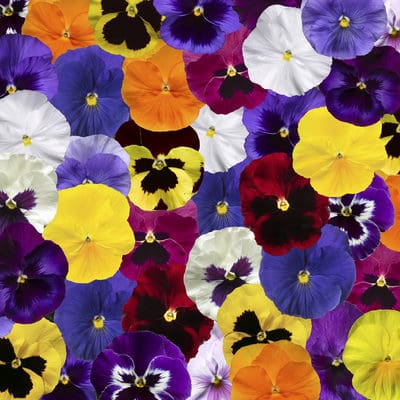
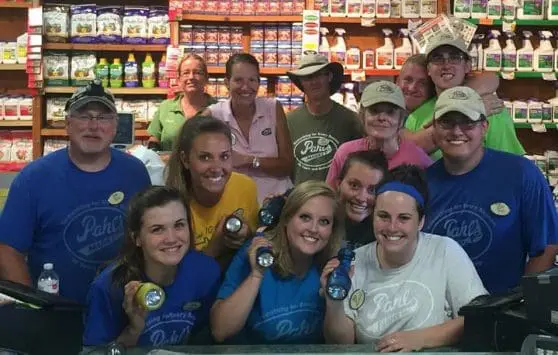
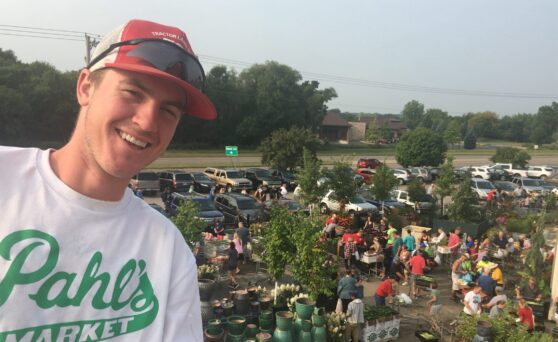

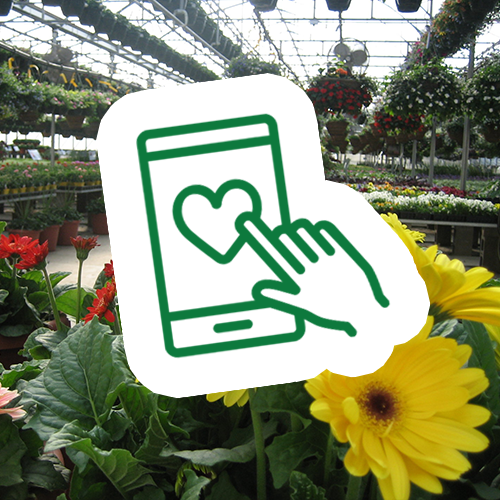
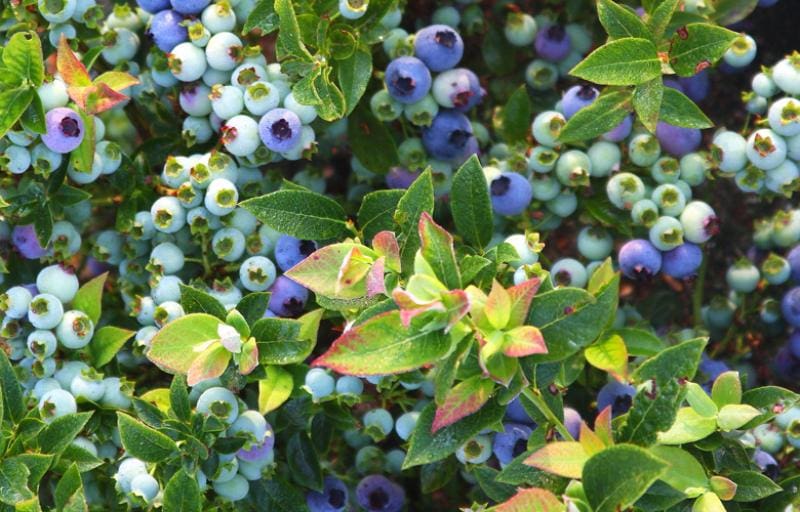
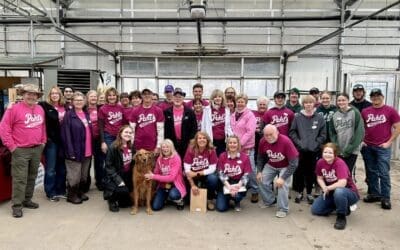

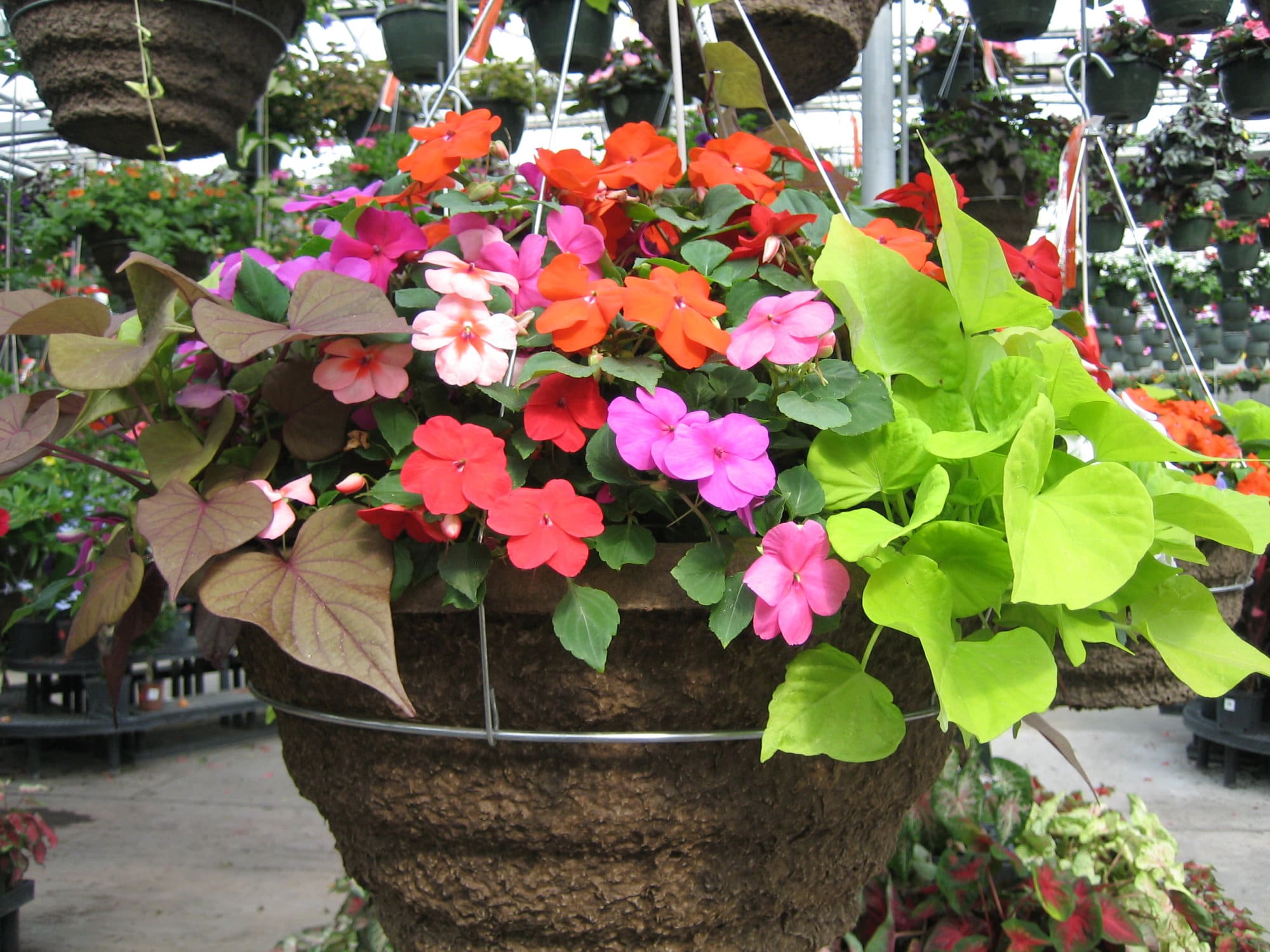
If you plant a blueberry in a container will it survive for the next year or only one year?
Hi Sara,
The BrazelBerries collection is designed to grow with minimal care in patio pots and should survive the winter with proper care. It’s a good idea to mulch your plants heavily around the base in the winter and give them extra water to help them produce more heat. You can also move them against a building and put a blanket or layer of insulation on them or move them into an unheated garage during the coldest conditions. Thanks for your question and good luck with your blueberries!